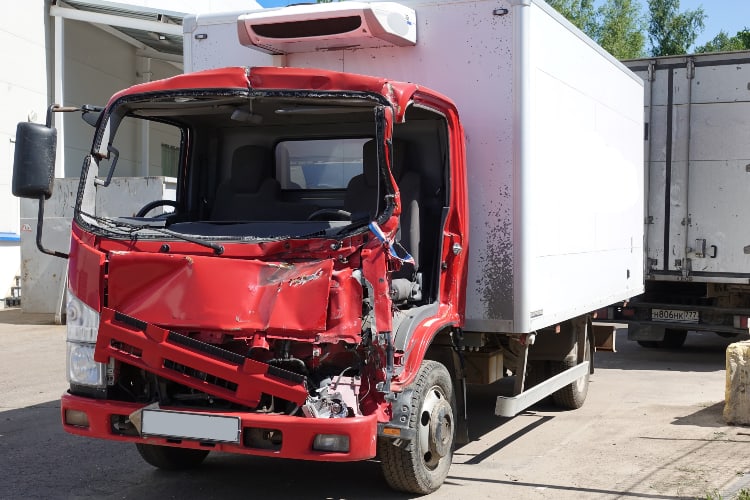Why You Should Never Give a Recorded Statement After a Texas Truck Accident
July 20, 2021
The Recorded Statement Trap Can Complicate Your Claim & Recovery. Here’s How.
After an 18-wheeler accident in Texas, you will likely have to deal with insurance companies. And one of the first things insurers will want you to do is to provide a recorded statement. They may go to great lengths to try to push you into doing this. They could say it’s required, or they may even say that they won’t cover part of the claim without a recorded statement.
No matter what the insurance adjuster tells you after a truck accident, it’s important to remember that:
- You should generally consider insurance companies to be adversaries who working against you, not allies who are looking out for you.
- It’s never in your best interests to provide a recorded statement. It only serves the insurance companies’ interests.
- Insurance companies may refer to recorded statements as “official” statements. Don’t let their lingo trick you into letting them record your statements.
- You have choices, and the more you know, the better you’ll be able to protect your rights and claim whenever you’re dealing with insurance companies and adjusters after a tractor-trailer wreck.
Why Does Your Insurance Company Want a Statement?
Insurance companies want to determine liability, and obtaining recorded statements can be part of their process of investigating 18-wheeler accidents. In fact, the statements insurers collect can help detail what happened before, during, and after a tractor-trailer crash.
Unfortunately, that’s not the only reason insurance companies will want you to give them a recorded statement. The other motivation is to get you on record, saying anything they can use to deny or devalue your claim.
Is it Mandatory to Provide a Recorded Statement?
No, in most cases, there is no mandate or legal requirement that you need to provide a recorded statement. While many auto insurance policies have strict terms regarding accident reporting, those terms do not necessarily require recorded statements.
Keep in mind:
- There are rare cases in which it can be necessary to give insurance companies a recorded statement.
- Even if a recorded statement is required, you can still decide when to provide that statement.
Why You Should Be Careful When Talking to Insurance Companies (Even Your Own)
Insurance companies will be searching for ways to avoid paying you after an 18-wheeler accident. Whether you’re talking to adjusters from your own or another driver’s insurance company, remember that adjusters can and will:
- Ask tricky questions: Beyond asking about the facts of the crash (which insurance companies can learn from police reports), adjusters may ask about your actions, observations, and statements in detail. They can frame questions in deceptive ways to try to get you to say things that may not be in your best interests.
- Try to catch you off guard: Adjusters may play to your emotions, trying to buddy up and seem understanding so that you relax and don’t take as much care with your words. In some cases, they can hit you with ultimatums or even aggressive language to try to scare you or make you desperate, worried, and more reactive or impulsive.
- Look for any discrepancies: If you get any detail wrong about the crash, your injuries, or the damage, insurers will usually try to find a way to poke more holes in your version of events and, in turn, your claim.
- Work to use your words against you and your truck accident claim: Ultimately, this is why adjusters want a recorded statement from you. They want you to give them evidence and excuses they can use to avoid paying your claim.
Need to Communicate with Insurers? Talk to a Truck Accident Lawyer First
Insurance companies use an array of strategies to deny and undercut truck accident claims. Recorded statements are, unfortunately, just one of those tactics. When you want to be confident that your rights and tractor-trailer crash claim are protected at every interaction with insurance companies, you will want an experienced truck accident attorney in your corner.
A good lawyer will know how to undermine insurers’ tactics, provide what is actually needed, and advance even the most complex claims towards favorable resolutions.
